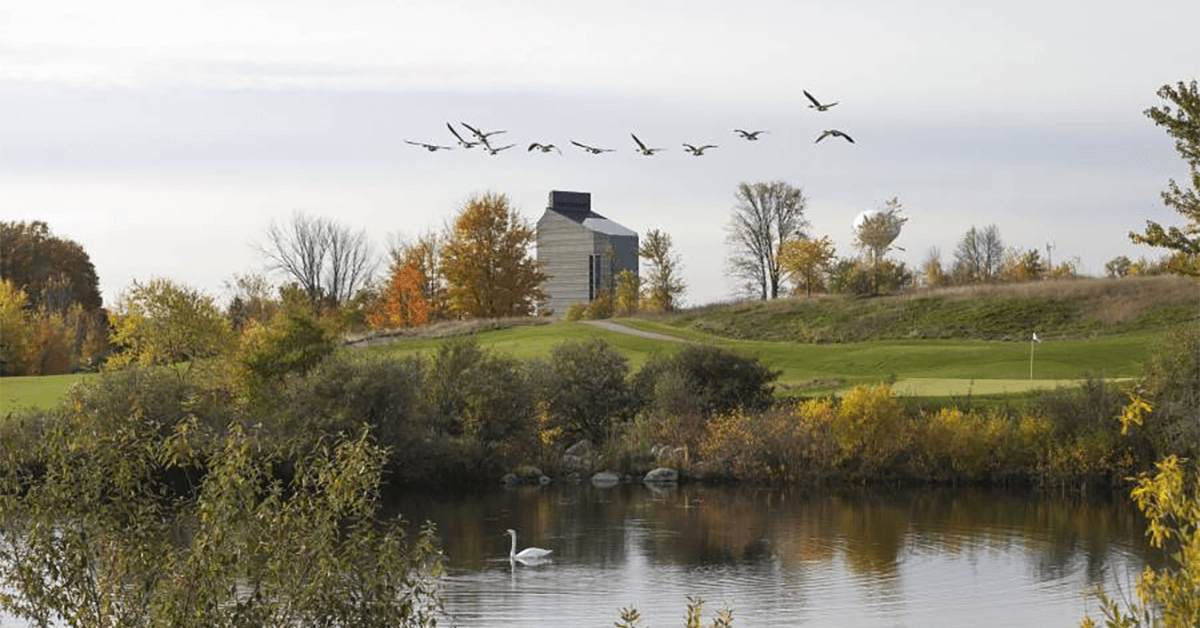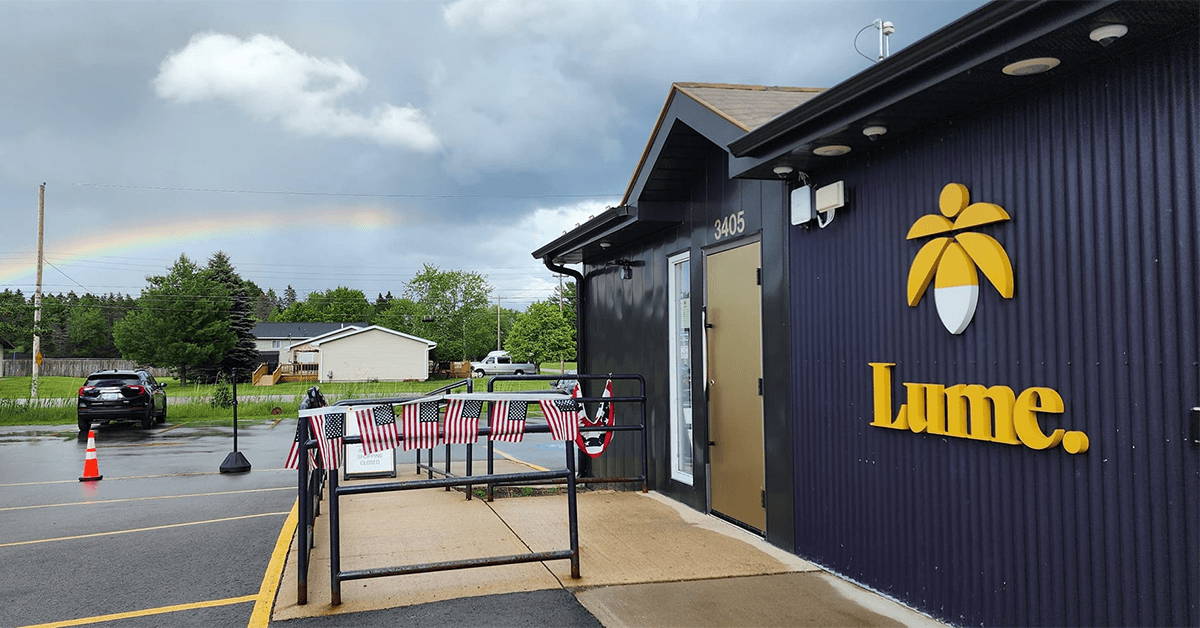Metro Detroit Communities Weigh Economic Benefits and Challenges of Recreational Marijuana

In a significant development, four prosperous communities in the metro Detroit area—Grosse Pointe Park, Keego Harbor, Rochester, and Birmingham—recently voted against allowing recreational marijuana sales. This outcome represents a notable setback for advocates of recreational marijuana in Michigan, who argue that access to legal cannabis remains limited, especially in the outer suburbs of Detroit. Despite Michigan legalizing recreational marijuana in 2018, a mere fraction of its municipalities, less than 10% according to the latest figures from the state's Cannabis Regulatory Agency, permit recreational marijuana businesses.
Denise Pollicella, founder of Cannabis Attorneys of Michigan, highlighted a stark division in attitudes towards cannabis between wealthier metro Detroit communities and those facing economic challenges. Affluent areas often oppose cannabis businesses, citing a lack of necessity for the economic and tax benefits these enterprises could bring. This contrasts sharply with less affluent communities, where older, sometimes blighted, buildings and distressed areas might benefit from the revitalization that cannabis businesses could offer.
Grosse Pointe Park Mayor Michele Hodges commented post-election, noting that their community feels self-sufficient without cannabis businesses. Hodges emphasized that cannabis products are readily accessible in their area, including through delivery services, suggesting a perceived lack of need for local dispensaries.
The reluctance of some communities to allow cannabis sales is partly influenced by legal concerns. As Pollicella pointed out, cities like Detroit have faced numerous lawsuits while establishing their recreational marijuana ordinances. These legal challenges can cause significant delays; in Detroit's case, they postponed the start of recreational marijuana sales for years. Even after overcoming these hurdles, Detroit continues to grapple with litigation, such as a recent lawsuit concerning the location of a marijuana facility near a school.
Pollicella observed that fear of litigation is a major deterrent for municipalities considering the legalization of recreational marijuana businesses. However, she noted that this trend is diminishing and suggested ways to avoid legal complications, such as not imposing a cap on the number of available licenses.
The decision to opt out of recreational marijuana commerce has fiscal implications. Over 1,300 Michigan communities that have chosen not to allow these businesses are consequently not receiving tax revenue from marijuana sales, which is levied at 10%. In the fiscal year 2023, this tax generated a substantial $266.2 million, marking a near 50% increase from the previous year. This revenue is distributed among the communities and counties hosting dispensaries, Michigan's school aid fund for K-12 education, and the state's transportation fund.
An inquiry into how communities with legal recreational marijuana sales utilize their tax revenue revealed diverse approaches. Hazel Park, an early adopter of recreational marijuana sales, directs its revenue towards pension obligations. In contrast, cities like Ferndale, Hamtramck, Inkster, Lake Orion, and Coldwater channel the funds into their general budgets, supporting various municipal services including police, fire, and parks and recreation.
For some municipalities, the revenue is a welcome boost. The city of Wayne, for instance, found the additional $207,364 from four dispensaries earlier this year beneficial for its financially distressed general fund. Similarly, Madison Heights uses the revenue to fund general services, with added benefits from property investments increasing the taxable value and hence the tax revenue.
In Center Line, Macomb County, the new revenue source has enabled the city to undertake community projects without raising taxes, such as improvements in recreational parks, municipal complexes, and library facilities. The Village of Oxford has utilized its share of the revenue to expand its police force, enhancing community safety.
However, not all communities see a significant impact from this revenue stream. Lincoln Park's City Manager James Krizan noted that for them, the revenue from marijuana sales, although helpful, represents only a small portion of their total budget and is not transformative.
This diverse array of responses from Michigan communities underscores the complex interplay between economic interests, legal considerations, and community values in the ongoing debate over recreational marijuana. While some see it as a promising source of revenue and revitalization, others remain cautious, weighing potential benefits against concerns about community character and legal challenges.
Share this article:
Spotted a typo, grammatical error, or a factual inaccuracy? Let us know - we're committed to correcting errors swiftly and accurately!








 Helpful Links
Helpful Links